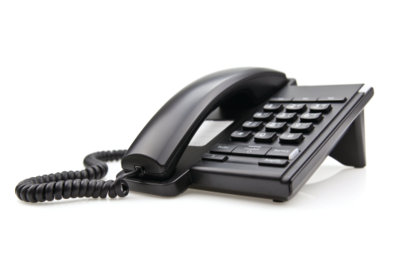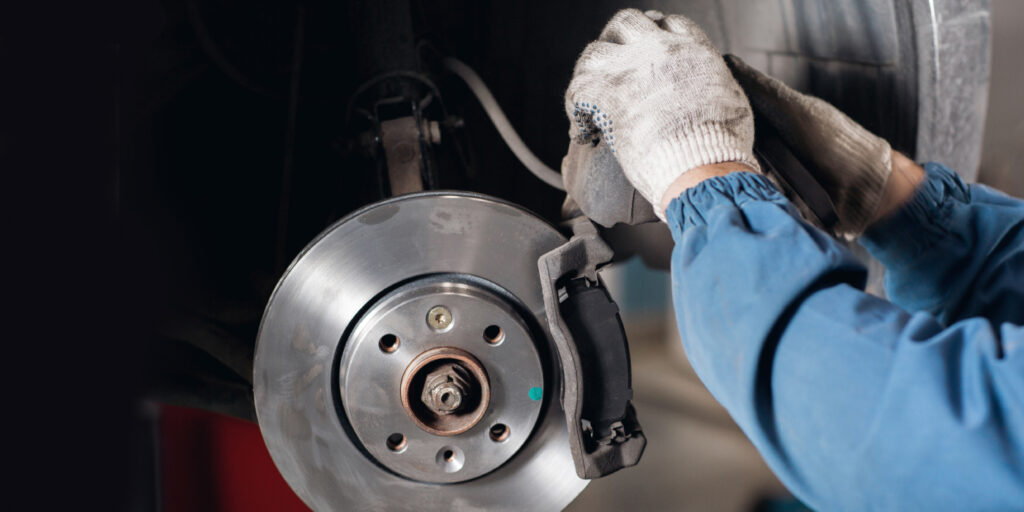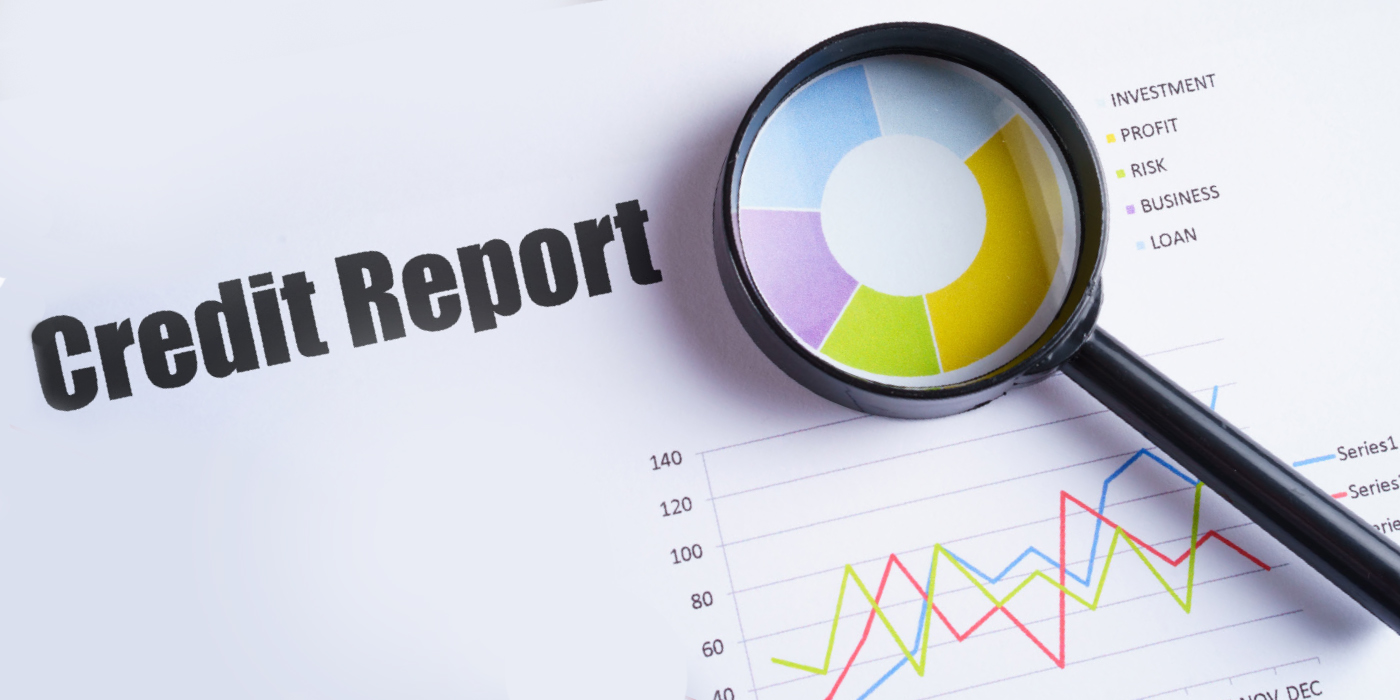Due to current economic conditions, it’s likely that collecting on your accounts receivables is becoming more and more of a challenge. Strengthening your collection procedures may allow you to improve collection rates and shorten the aging days of your accounts receivables.
The following suggestions will help your business improve its cash flow and tighten up its credit and collections policies. Some of the tips discussed here may not be suitable for every business, but they can serve as general guidelines to give your shop more financial stability.

Define Your Policy. Define and stick to concrete credit guidelines. Your staff should not sell to customers who are not credit-worthy, or who have become delinquent. You should also clearly delineate what leeway your team has to stray from these guidelines when attempting to attract customers.
Tip: You should have a system of controls for checking out a potential customer’s credit, and it should be used before vehicle service is performed. Further, there should be clear communication between your accounting department and your service writers as to current customers who become delinquent.
Clearly Explain Your Payment Policy. Invoices should contain clear information about how much time customers have to pay, and what will happen if they exceed those limits.
Tip: Make sure invoices include a telephone number and email address so customers can contact you with billing questions. Also include a pre-addressed envelope. The faster invoices are sent, the faster you receive payment.

Follow Through on Your Stated Terms. If your policy stipulates that late payers will go into collection after 60 days, then you must stick to that policy. A member of your staff (but not a salesperson) should call all late payers and politely request payment. Accounts of those who exceed your payment deadlines should be penalized and/or sent into collection, if that is your stated policy.
Train Staff Appropriately. The person you designate to make calls to delinquent customers must be apprised of the seriousness and professionalism required for the task.
Here’s a suggested routine for calls to delinquent payers:
• Become familiar with the account’s history and any past and present invoices.
• Call the customer and ask to speak with whomever has the authority to make the payment.
• Demand payment in plain, non-apologetic terms.
• If the customer offers payment, ask for specific dates and terms. If no payment is offered, tell the customer what the consequences will be.
• Take notes on the conversation.
Make a follow-up call if no payment is received and refer to the notes taken as to any promised payments.
Richard L. Lipton CPA & Associates LLC, located in Florham Park, NJ, draws on its founder’s 10 years as a stockholder and manager of family-owned Sam’s Tire Co. in Paterson, NJ. Richard L. Lipton CPA & Associates LLC is structured to personally serve large and small clients who have a need for business consulting services, as well as accounting and tax services.














